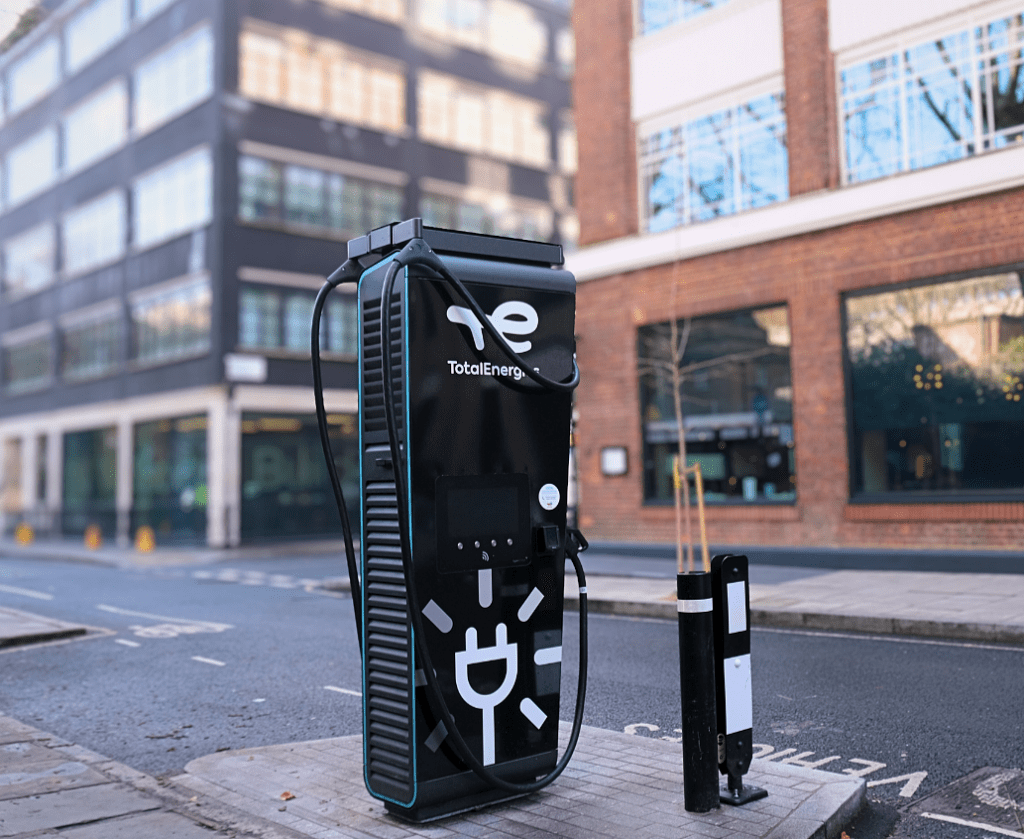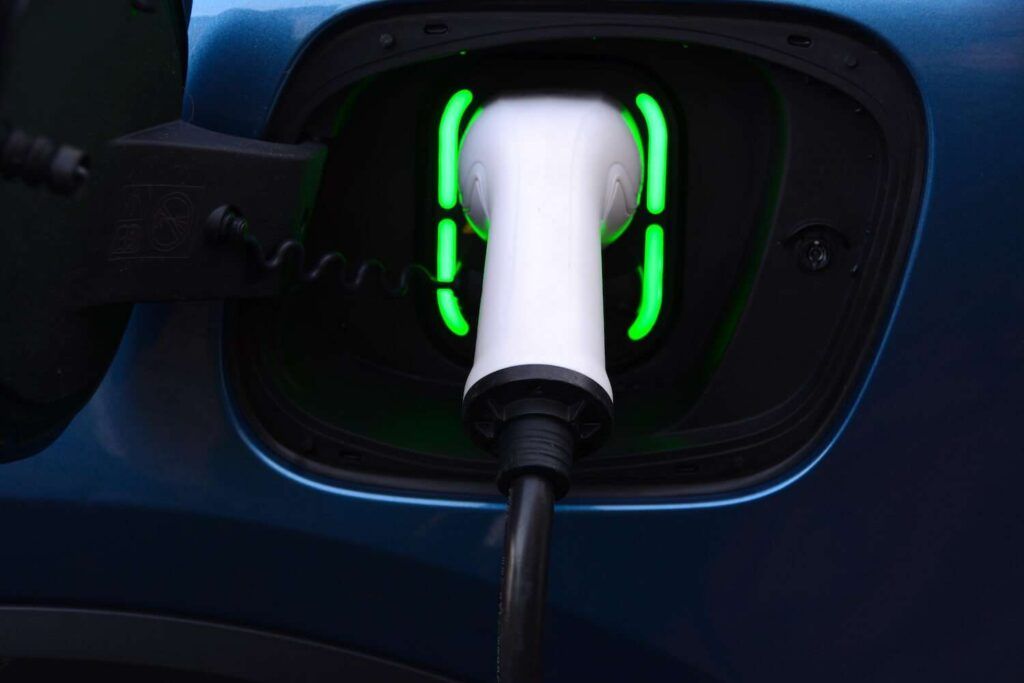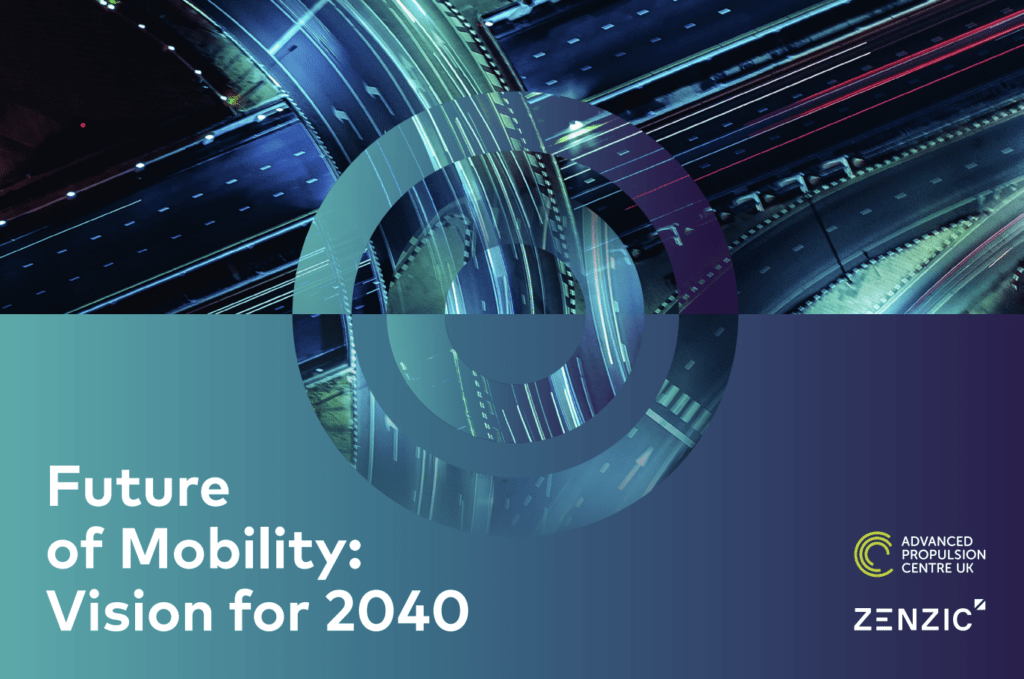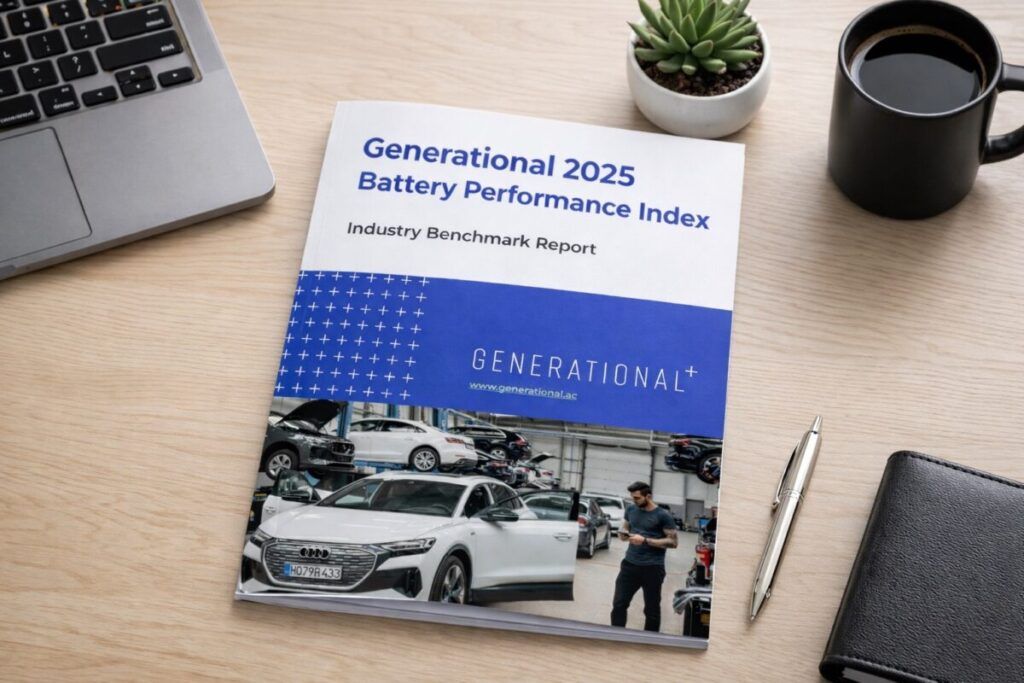Ahead of the UK Government’s upcoming Budget, professional services firm PA Consulting has offered its views on a number of issues related to transportation.
On the issue of road taxation, and the potential fall in fuel duty as the UK transitions to zero and low emission vehicles, the company said that the government “must plan for a forecast budget shortfall of £28m”.
PA Consulting’s roads expert Richard Sallnow said:
“The simplest, easiest and most cost effective policy option is to introduce a per-mile-charge for zero emission vehicles, as introduced by Iceland earlier this year.
“With a likely 3-4 year time horizon to implement such a scheme, the government needs to act now to protect against future budget deficits.”
For electric vehicles, the company said a “carrots and sticks” approach would be required. Its clean and smart mobility expert said the Budget “tends to pay close attention to future incentives” to drive EV adoption, but at this “critical” point it should “act now to “maintain this stimulus to convince the sceptical UK public”.
Warwick Goodall from PA Consulting said:
“Sticks are also important, particularly setting clear and consistent direction for the industry. Restoring the phase-out date to 2030 for new cars with internal combustion engines creates a heightened focus on the full value chain that supports the shift to net zero transport.
“Holding this course provides the central business assumption needed by the car industry to commit to the transition and position the UK as a global leader in one of the biggest industry shifts over the next ten years. The prize is not just a net zero ambition, but growth and jobs in the UK.”
For integrated transport, the company said that integrated transport was a “critical enabler” for the government’s “future vision for the UK”.
According to the company’s transport expert Harriet Cocker, the right funding could be achieved through a “co-ordination mechanism” between road and rail at a national level to “reduce siloes and deliver better end-to-end journey experiences”.
Cocker added that such a move would also be “empowering national bodies through ring-fencing regional funding; and investing in digital technologies focused on joining up services, such as integrated ticketing platforms.”
Image from Shutterstock












